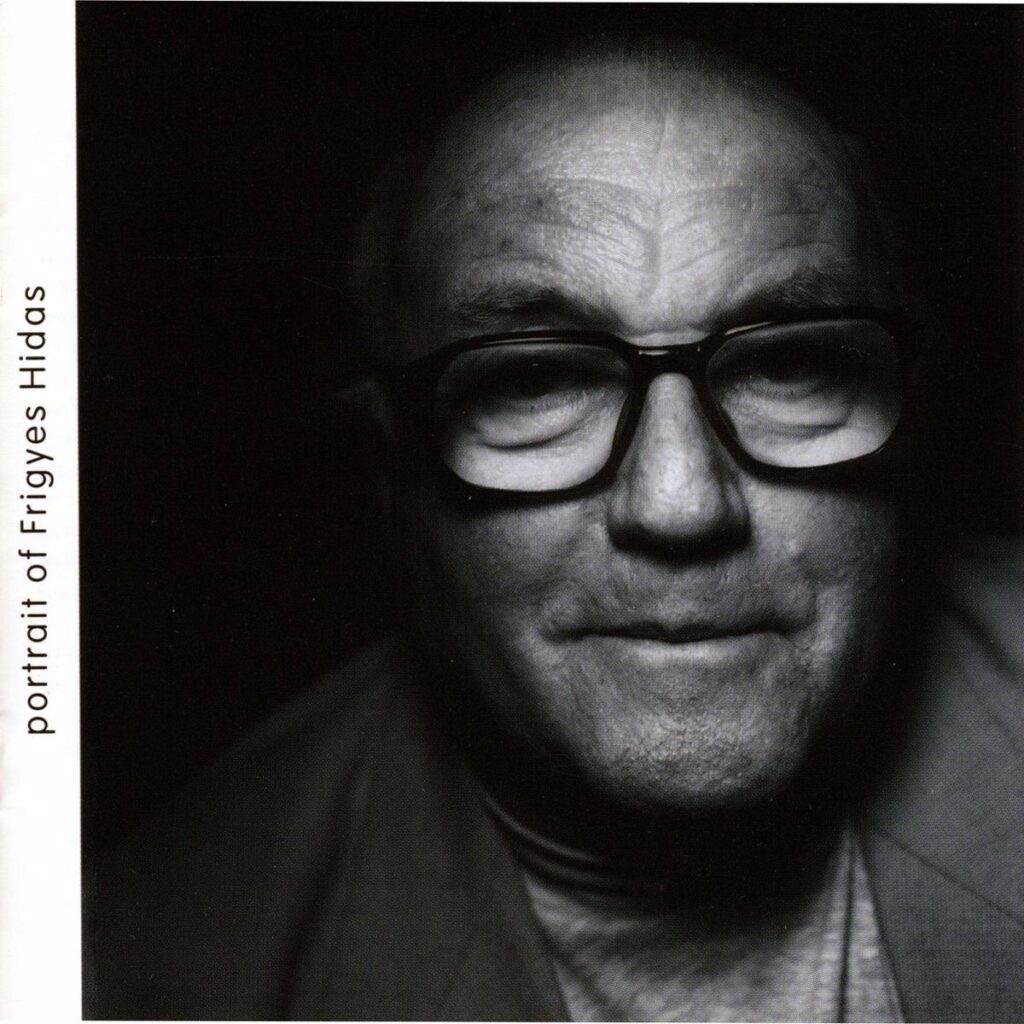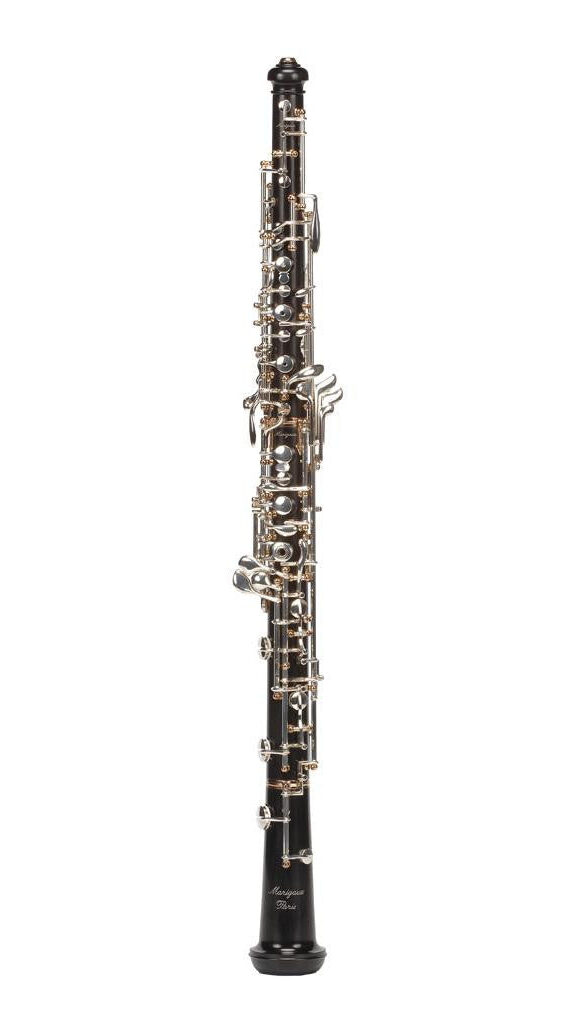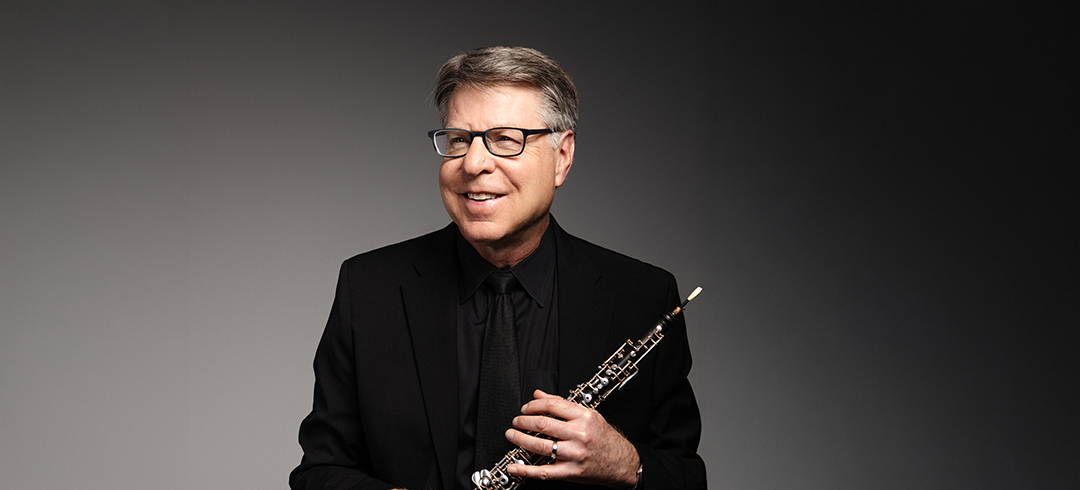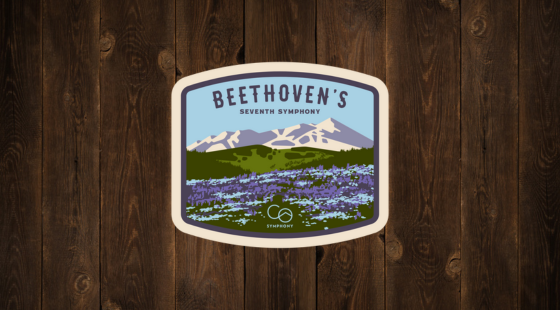This weekend, the Colorado Symphony, under the baton of Music Director designate Peter Oundjian, will perform Beethoven’s illustrious Seventh Symphony and Rossini’s Overture from William Tell alongside a lesser-known but equally compelling work: the Concerto for Oboe & Orchestra by Hungarian composer Frigyes Hidas, performed by the Symphony’s Principal Oboe, Peter Cooper.
Hidas (1928-2007) was a prolific composer with a strong focus on wind instruments. Unlike many well-known oboe concertos from the Baroque and Classical periods, his concerto offers a fresh perspective, written in a modern yet accessible style. The concerto stands out for its blend of traditional classical elements with more contemporary harmonies and rhythms —all set against a rich orchestral backdrop. It has a cinematic quality, at times dramatic and sweeping, at other moments intimate and reflective. Audiences will hear sections that highlight the oboe’s ability to sing like a human voice, contrasted with fast-moving, playful moments that showcase the instrument’s agility.
“I feel very privileged that I get this opportunity…I prepare for months and months and months for these things. They’re a very big deal for me.”
Peter Cooper, Principal Oboe
What drew you to the Hidas Concerto for Oboe and Orchestra?
Peter Cooper (PC): Well, it was sort of happenstance. I heard that at the International Double Reed Conference that this piece was performed and went over really well, and I thought, “I’ve never heard of it.” So, I listened to a recording of it, I was immediately charmed by it, and I thought, “I think I want to play that one.”
What gives the piece that charm?
PC: I know from an audience perspective you see a composer’s name that you’ve never heard of, you see it’s a 20th century piece, and I know a lot of people think, “Hm, I don’t know if I’m going to like that one.” But I think you will hear within five seconds, “Oh, this is so delightful!” It just kind of captures your imagination with infectious energy, and the slow movement kind of tears your heart out. It’s very beautiful and kind of mournful in a gorgeous way.

Can you tell us a bit more about the piece?
PC: Hidas was a Hungarian composer, and he wrote a lot of things. He wrote ballets, operas, chamber music, a lot of concertos, he was quite prolific. Coincidentally, I played a piece by him just last week at the University of Colorado, a piece for bass trombone and woodwind quintet. So I went my whole life never playing anything by Hidas, and then within a month I play two pieces of his.
What’s the difference between playing a concerto and playing in the orchestra?
PC: As principal oboist I have solos every week, but I’m not carrying the piece. I’m playing my little moments within the piece, and hopefully they go well, but in a concerto, I’m sort of carrying the concerto for the audience. And one thing about this orchestra that audiences might not realize is pretty much any single member of this orchestra could stand up and play a solo concerto and do a fantastic job. And I don’t know if the audience realizes the level of proficiency and artistry from the rank and file of the orchestra, not just the principal players. And I feel very privileged that I get this opportunity; because I’m the principal oboist I get to play a concerto every few years, and I take it very seriously. I prepare for months and months and months for these things. They’re a very big deal for me.
How long does it take you to prepare for a performance like this?
PC: I would say it takes me minimum six, eight months of preparation. I know the last concerto I played by Kevin Puts took me a year of drilling it over, and over, and over again. I would say probably about eight months of preparation.
Is there any special preparation that you do to prepare for performing as a soloist?
PC: One thing I usually do, I’ve done this actually the last four or five concertos I’ve played with the symphony, is I play it for my students at the University of Colorado two months before the performances. And I do that partly for me, so I have this deadline two months before where I have to learn the piece by then, and it’s also partly to give the message to the students that you don’t learn the piece the night before the performance (not that any of my students would ever do that, of course.) But just to give the message that the last two months you’re not really learning the piece, you’re polishing the piece. And I played it a couple of weeks ago at a retirement home in Boulder just to give it another practice.

What advice would you give to performers who are preparing for a big performance?
PC: I think the idea of giving yourself a deadline a considerable amount of time before the actual performance date where you have to have it ready. And then you’re just looking for things to make it better; looking for the polish. You’re not actually looking to learn the notes. I think, for me, doing that helps my psychological preparation and keeps me from getting as nervous. I think, “I played this two months ago, surely I can play it tonight.” And sometimes we have to do little mental tricks to make sure that we can be at our best at the moment of truth.
Can you tell us a bit about the oboe you’ll be performing on?
PC: This oboe is a Marigaux 2001A, and the A stands for American Model. I’ve been playing Marigaux oboes for about 25 years now, and this American model, actually I was their consultant in the development of this oboe. I went to Paris and worked with their designers to have an oboe that worked for American oboe reeds instead of European oboe reeds, which is too complicated a subject to get into here, but this oboe is designed for American reeds and American players.
Hear Hidas’ Oboe Concerto Live
For concertgoers, this is a unique opportunity to experience a piece that is not often performed but deserves more attention. The combination of Hidas’ engaging writing and Cooper’s expertise makes this a performance worth attending. Whether you’re already a fan of the oboe or simply looking for something new and different, this concerto promises an evening of dynamic and engaging music.


